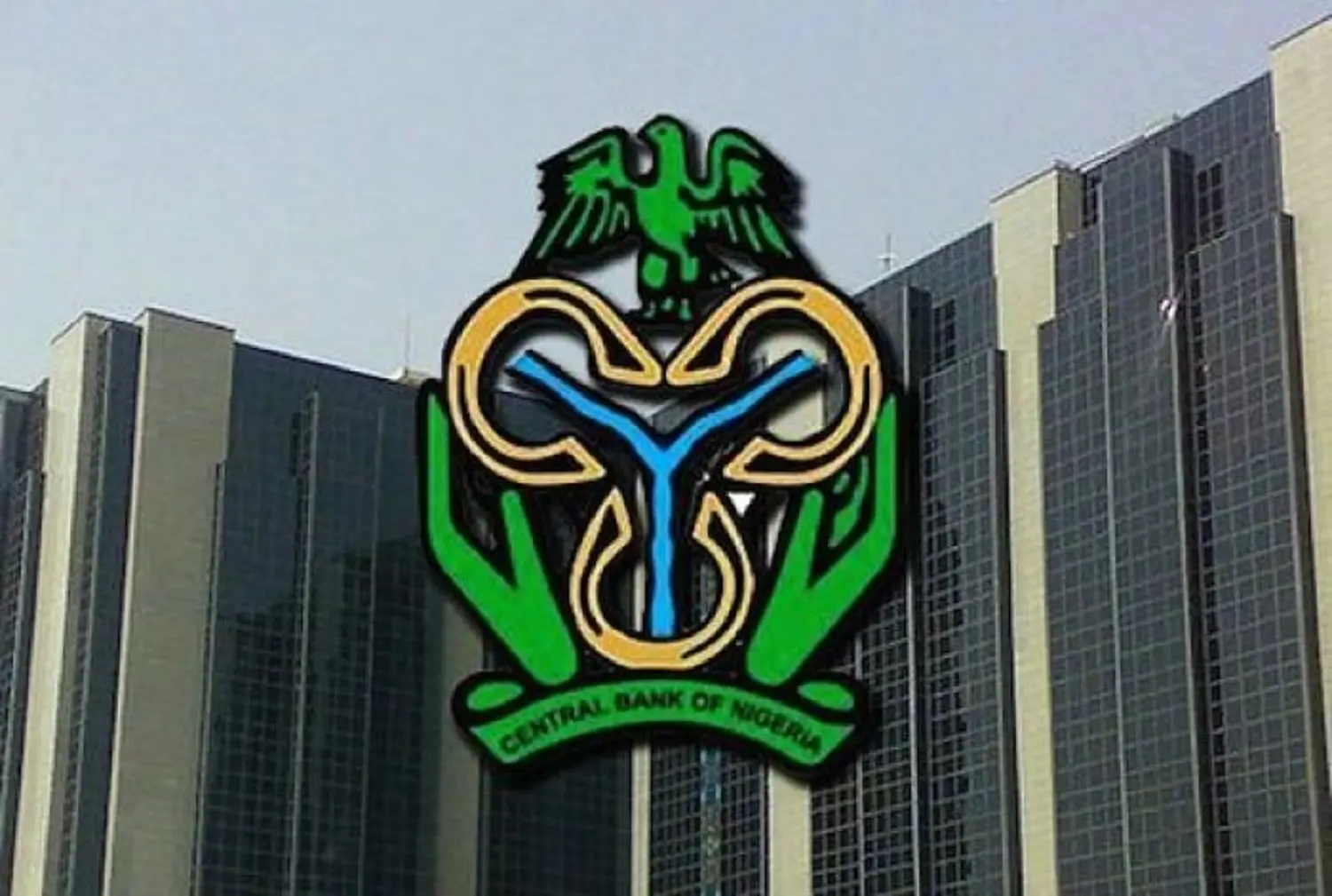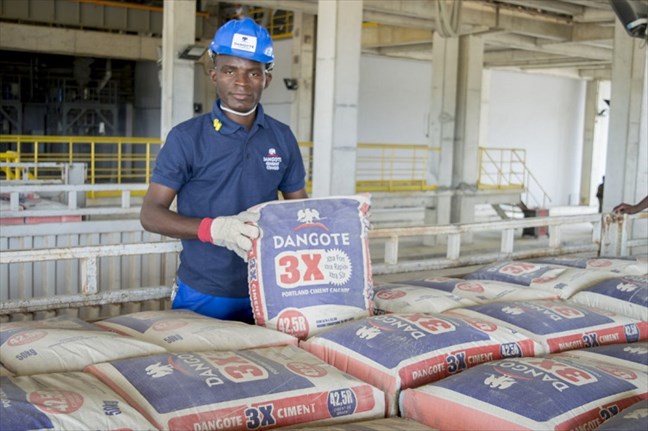Banks and International Money Transfer Operators (IMTOs) in Nigeria have ceased the payment of dollars to their customers, as per the Central Bank of Nigeria’s (CBN) revised guidelines issued on January 31.
Some banks have notified their customers that they will no longer accept dollar remittances from family and friends abroad. Ecobank Nigeria, among others complying with the CBN directive, informed its customers through a notice about the changes affecting international money transfers into Nigeria via platforms such as Western Union, MoneyGram, Rapidtransfer, Ria, and other approved IMTOs.
Related Post:CBN to introduce new FX policies and guidelines over Naira depreciation — Yemi Cardoso
According to the CBN circular, all inbound money transfers to Nigeria through IMTOs will be paid only in naira, either into a bank account or in cash at prevailing exchange rates. Transfers exceeding the equivalent of $200 must be credited to the recipient’s bank account, while those below $200 require acceptable identification such as an international passport, driver’s license, national identity card, or INEC Permanent Voters Card for cash payment.
The revised guidelines also restrict IMTOs from outbound transfers, ensuring that beneficiaries receive payments solely in naira, either in cash or through a bank account, with amounts over $200 credited to a bank account.
Related Post: New CBN rules favours 10 digital banks to function as microfinance institution
Furthermore, the CBN has prohibited banks and fintech companies from directly providing international money transfer services but allows them to act as agents. IMTOs are required to quote exchange rates based on prevailing market rates at the official foreign exchange market.
In compliance with the CBN directive, IMTOs such as World Remit and Sendwave have updated their services to support transfers only in naira, discontinuing USD transfers to Nigeria.
Related Post: Why these 10 Loan apps are the Best in Nigeria
Aminu Gwadebe, President of the Association of Bureau De Change of Nigeria, views the CBN move as discouraging the dollarization of the economy and emphasizes the need to channel diaspora remittances towards development rather than personal needs.
Financial experts like Rotimi Fakoyejo and Johnson Chukwu emphasize the importance of effective monitoring by the CBN to ensure compliance with the directive and maintain liquidity in the forex market. They suggest that limiting dollar transactions in Nigeria could help minimize disparities between official and parallel market rates.













